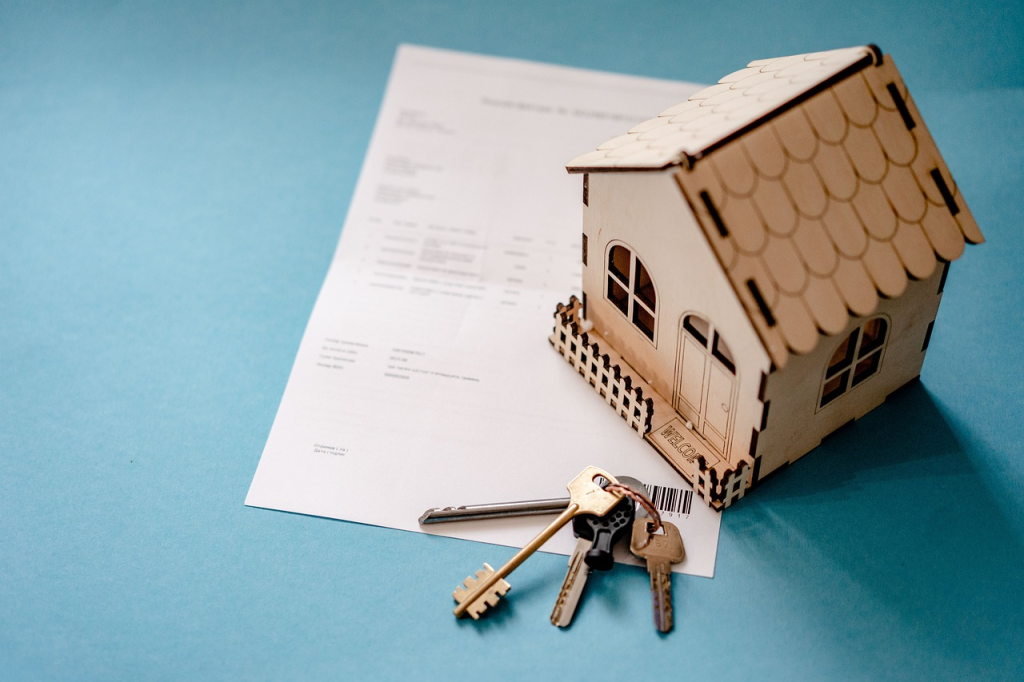
Embarking on the journey to secure your dream home can be exhilarating but also complex. As you sift through various home loan options, it’s essential to arm yourself with knowledge to make informed decisions. Whether you’re a first-time buyer or looking to refinance, understanding terms, rates, and fees will be crucial in finding the loan that fits your financial future.
Conventional Fixed-rate Mortgage
A conventional fixed-rate mortgage is a home loan with a static interest rate for the entire term of the loan, which typically spans 15, 20, or 30 years. The people working at DefyMortgage can explain how this consistency offers predictability for your monthly payments, ensuring they remain unchanged regardless of market fluctuations. Ideal for those who prefer stability and have a long-term plan for their property, this type of mortgage is often chosen by borrowers who intend to stay in their homes for many years.
The unchanging payments facilitate easier budgeting and financial planning, which can be particularly valuable for first-time homebuyers. It’s a solid choice for those with a stable income who can afford the down payment, typically at least 5%, and who have a good credit score to secure the best possible rate.
FHA Loan
An FHA loan is a mortgage insured by the Federal Housing Administration, designed to help lower-income and first-time homebuyers afford a home. With more lenient lending standards and a lower down payment requirement — typically as low as 3.5% — it’s an attractive option for those with modest incomes or less-than-perfect credit scores.
Additionally, the closing costs may be covered through seller contributions or assistance programs. Homebuyers who may find conventional loans out of reach due to financial constraints often turn to FHA loans. While it provides easier access to homeownership, it’s important to consider that FHA loans require paying mortgage insurance premiums, potentially making them more costly over the life of the loan.
Home Equity Loan
This specific financial aid has its own set of characteristics you should know about before choosing it. Home equity loans are a type of secured loan that allows homeowners to borrow against the equity they have built up in their property. Here’s what you need to know:
- Secured loan
- Fixed interest rate
- Lump sum disbursement
- Repayment terms
- Use of funds
- Tax deductibility
- Risk of foreclosure
- Credit and income requirements
- Closing costs
- Load limits
Home equity loans let homeowners borrow against their property’s accumulated equity for a lump sum at a fixed interest rate. Ideal for large expenses like renovations or consolidating debt, they offer the potential for tax-deductible interest but come with the risk of foreclosure if payments are not made.
USDA Loan
A USDA loan is a zero-down-payment mortgage for eligible rural and suburban homebuyers offered by the United States Department of Agriculture. Aimed at promoting homeownership in less-populated areas, it’s perfect for individuals or families seeking to escape metropolitan congestion or wishing to embrace rural living.
With benefits like competitive interest rates and reduced mortgage insurance premiums, the USDA loan is tailored for those with modest income levels and unable to save for a large down payment. Applicable to new purchases and refinancing, it’s a viable option that brings the dream of owning a home within reach for many. Potential buyers should check eligibility based on location and income guidelines to take advantage of this program.
Adjustable-rate Mortgage
An adjustable-rate mortgage (ARM) is a home loan with an interest rate that may change periodically depending on changes in a corresponding financial index that’s associated with the loan. Generally, your monthly payment will increase or decrease if the index rate goes up or down.
ARMs are contrasted with fixed-rate mortgages on which the interest rate quoted at the onset is the rate charged throughout the loan. It is recommended if you plan on owning your home for only a few years, anticipate steady income growth, or expect future interest rates to remain stable or decrease.
Jumbo Loan
This financing solution is suitable for purchasing high-value properties that require a larger loan amount than is possible with conventional mortgages. Given their size, jumbo loans are seen as riskier for lenders and typically have more stringent credit requirements, including a higher credit score and lower debt-to-income ratios.
They are ideal for financially secure borrowers looking to invest in luxury real estate or homes in competitive markets with high housing costs. Interest rates can be competitive, but a substantial down payment is usually necessary.
As you explore your home loan options, remember that the right choice is unique to your financial situation and home-buying goals. Doing your homework can ensure that the path you choose leads to the comfort and security of your dream home. Reach out to financial advisors and mortgage experts to navigate this crucial step toward your future with confidence.














